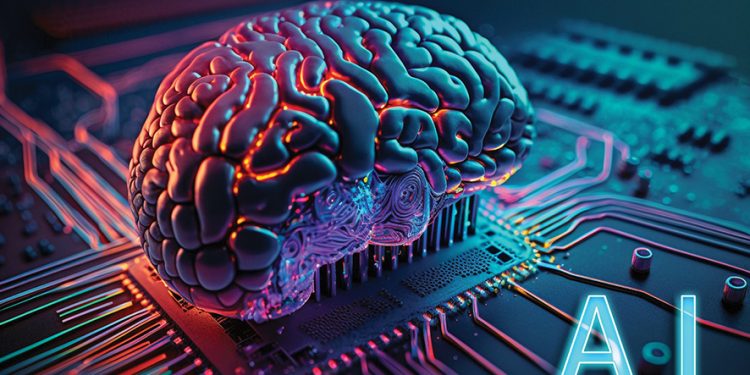Let’s state right from the start that the so baptized Artificial Intelligence (AI) is the alleged big bad wolf. Big, because the current presumptions are that it might bring about tremendous changes to our life on Earth, and bad, because the living preanalytical tendency contains certain scary conjectures connected with its fast and vicious development, and whatever that may have in store for all of us, the current and future dwellers of our wonderful planet. I personally am absolutely fascinated by the handy capabilities of Artificial Intelligence, which is already showing itself off in various fields of human activity.
The other day, I was listening to one of the speeches made at the World Economic Forum in Davos, and I could not believe my ears, listening to the amazing translation performed by AI – its pleasant clarity of voice, precision of vocabulary, uncanny imitation of the voice of the speaker, and the exact accentuation of every syllable in the translated text. Indeed, it made one think that it’s just about time to surrender to the intimidating, but at the same time very helpful, power of AI.
On the other hand, it is also a fact that fictional texts and poetry are at this point considered to be a level of written human thought not yet achievable for AI. Why is that so? One understanding is that, notwithstanding the amazingly developed capabilities of AI, it is still trying to catch up with the intricacies of the human mind, the depths and aptitudes of which are still the subject of intense scientific research.
As developed as it already is, AI will have to go another mile, maybe more, to perceive, and most importantly, precisely reproduce in another tongue, the human-brain-level poetic and other fictional, artistic descriptions of life.
The world is talking about the merits and flaws of Artificial Intelligence with a certain leaning toward apprehension, though its advantages and disadvantages seem to be more or less balanced out. The current distinguished tendency of thought and action among both the creators and users of AI is to concentrate on the advantages rather than on the shortcomings, which is characteristic for any developmental process. Among the most highly evaluated compensatory features are the capability of AI to restructure human life without reshuffling it too painfully and detrimentally, saving us time and pre-eradicating all possible delays, industrializing and rearranging all kinds of vital processes so as to better streamline human labor and effectively systematize the final result, conveniently assisting humans to mechanize their habitual set of actions and most repetitive of tasks.
One of the most salient but conceivably surmountable weaknesses of AI is its overly expensive employment in real life. The costly implementation opportunity means procrastination of application, which might, as a knock-on effect, be conducive to ensuing financial and operational damages. AI may also cause the loss of a considerable number of jobs, saying nothing of other disadvantages, like its deficiency in those sentimental qualities so abundantly prevailing in the human psyche. Add to this its lack of imagination, absence of inventiveness and inspirational capability, and the picture of this greatest contemporary human invention will be complete.
There are also some explicit worries that might bother us in terms of AI development, and that is the flimsiness of security in protecting online data privacy, and the evident prospect of students cheating in all kinds of tests and examinations. And how about the potential for humans to become worthless in the workplace? Bad, and yet tolerable when compared to the absolutely unbearable possibility of the production of humanoid robots, who may be overly cruel and relentless in their aggression towards us human beings.
Fortunately, these are, as yet, all products of our scared to death imagination, so, on a more optimistic note, I say we should not be afraid of the approaching “big bad wolf,” and should reach for that better usage of this intelligence, which is not artificial but natural, like ours.
Op-Ed by Nugzar B. Ruhadze














